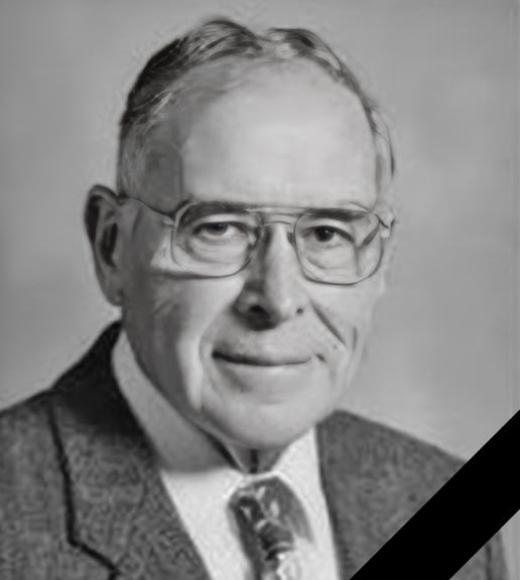
Position Title
In Memoriam
Professor Emeritus, Environmental Horticulture
1923 - 2011
Andrew Twohy Leiser
Birth: May 13, 1923, Rickey Rapids, Washington
Death: May 16, 2011, Davis, California
Education
- B.S., Chemistry
- M.S., Horticulture, Washington State University
- Ph.D., Horticultural Science, University of California, Los Angeles
Military Service
- U.S. Army Air Corps during World War II
Employment
- Faculty, Purdue University, Indiana,
- Researcher, W.R. Grace Company, Maryland
- Professor, Department of Landscape Horticulture, UC Davis, 1964–1991
- Professor Emeritus, Department of Environmental Horticulture, UC Davis, 1991–2011
Honors, Awards, and Professional Societies
- President, International Plant Propagators Society
- President, California Horticultural Society
- Botanical Editor, International Plant Propagators Society journals
Research Contributions and Impact
Andrew Leiser’s work was rooted in pragmatic horticultural research. He specialized in collecting and evaluating naturally occurring ecotypes of woody plants for horticultural potential. His efforts introduced bigleaf maple ecotypes adapted to California’s Central Valley and supported azalea breeding for alkaline soil tolerance. He conducted the first inventory of trees in Sacramento’s Capitol Park and contributed extensively to revegetation and slope stabilization practices. He collaborated with California state agencies and federal organizations to advance erosion control and wetland restoration methods, and his expertise was sought nationally after retirement.
Publications and Scholarly Leadership
Leiser coauthored An Annotated Checklist of Woody Ornamental Plants of California, Oregon, and Washington with Elizabeth McClintock, and Biotechnical Slope Protection and Erosion Control with Donald Gray, the latter of which remains a widely used manual. He published extensively on revegetation, slope stabilization, and woody ornamental plants, establishing himself as a leading authority in horticultural practice. Beyond publications, he founded the Environmental Horticulture Herbarium in 1970, which was later added to the collection of the UC Davis Center for Plant Diversity.
Teaching and Mentorship
At UC Davis, Leiser was recognized as an enthusiastic teacher and supportive mentor. He guided many graduate students who went on to influential careers in horticulture. His collaborative spirit extended beyond the classroom, including interdisciplinary work with engineering faculty on tree staking practices that influenced field standards.
Collaboration and Community
Leiser was known for his generosity in sharing knowledge and his willingness to collaborate without expectation of recognition. He served the broader horticultural community through leadership roles in professional societies, judging at UC Davis Agricultural Day, and extension education courses across the United States. His community involvement included contributions to the UC Davis Arboretum, the Boy Scouts, and local organizations.
Legacy
Andrew Leiser’s legacy lies in his extensive contributions to horticultural science, practical applications in revegetation and erosion control, and his dedication to teaching and mentorship. His foundational role in establishing the Environmental Horticulture Herbarium at UC Davis further solidified his influence on plant sciences. His broad expertise, leadership, and collaborative approach shaped both academic and applied horticulture, leaving a lasting impact on UC Davis and the field at large.
References
For additional tributes, interviews, and biographies, see the following resources:
